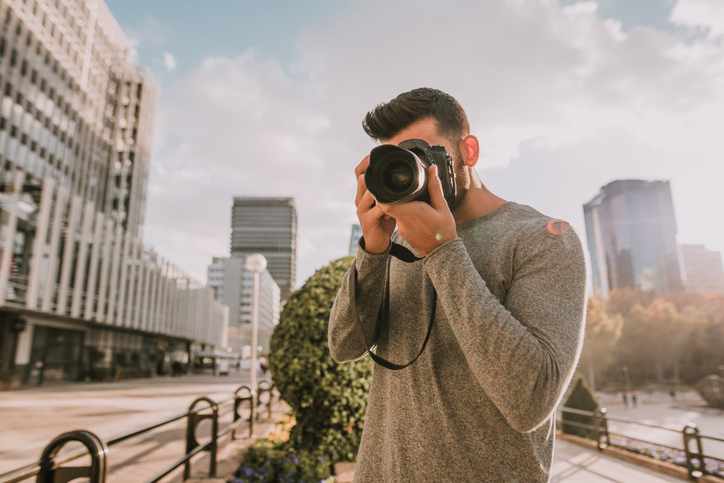First Amendment Auditors: What Public Agencies Need to Know
Surprise visits from “First Amendment auditors” (self-identified individuals who photograph/video public facilities) are on the rise. Not just posing possible litigation issues, the “auditors” attempt to provoke public employees to limit First Amendment rights and post the interaction on YouTube/social media which allows them to make money from a high quantity of views.
In this session at PRIMA 2024, Jennifer Serran, CSRM, provides details about how to comply with the First Amendment, handle an auditor’s appropriate access, limit contentious interaction, and minimize potential litigation.
First Amendment Auditors
Video recording is protected speech under the First Amendment. Because of this, it has become popular amongst a certain group of self-identified individuals to take photos and videos of public facilities. These individuals are not obligated to explain themselves and will claim their intent is to protect the public. Their approach is to ensure their constitutional rights will not be violated. However, their immediate intent is to post their video online and to make money from views.
Public vs. Non-Public Space
Public forum includes anywhere the public is free to come and go, such as streets, parks, sidewalks, crimes/traffic stops, public building exteriors, interior public access, and the steps of City Hall. These areas are the most targeted by First Amendment auditors.
When considering potential issues, privacy will come into question. It is legal to take video of a private citizen in an area where there is no expectation is privacy. However, the government has the power to preserve the property under control to protect employees in private spaces.
It is important to distinguish the difference between public and limited public forum. Limited public forums include any area in which government has intentionally reserved for certain groups or discussion of certain topics with reasonable limited on time, place, and manner of expectation.
Non-public forums will include any area which is not designated for public expression, including private offices, meeting rooms, and any space that may have confidential material.
Public entities should verify state law, education code (many school classrooms do not allow recording), and agency or district policies regarding electronic or recording devices. Websites and social media are a limited closed public forum. Essentially, allowing outsiders to post on a public agency webpage may create an open forum and could limit the ability to remove offensive posts.
What to Expect
All government agencies should be prepared to deal with an auditor regardless of size. The individual could be anyone, including a large group. They may not even be from the community since the goal is simply to garner views and attention, while causing social media backlash and a possible lawsuit settlement from confrontation. Questions they might ask include:
- What’s your name/position?
- How much money do you make?
- How do I gent a complaint form?
- Do you know what the First Amendment is?
When presented with these questions, answer appropriately since none of this is private information and can be found out through public information requests.
Preparing Your Space and Staff
- Designate non-public areas. Use clear and visible signage. Comply with ADA standards (include Braille on signage). Possibly create physical barriers via doors, counters, stanchions/ropes.
- Train those who will likely encounter the auditor. This includes staff who regularly interact with the public like front office staff, security, and supervisors
- Inform all staff. Regardless of interaction, ensure that everyone aware when someone is on the premise.
- Designate individuals to interact. Choose employees who are good with customer service skills and will actively avoid confrontation.
- Send a message notifying staff of an on-site auditor visit. Establish a communication method that will alert all staff.
Dos and Don’ts
DO
- Train management, front office and security staff.
- Keep calm, composed, patient, and polite.
- De-escalate the situation, cooperate.
- Contact the designated representative to interact with the auditor.
- Cover confidential information.
- Follow standard procedures for visitor registration.
- If auditor trespasses into private area, document and obtain assistance.
- Follow up with supportive actions, if anyone is targeted.
- Report this type of incident to your insurance JPA/pool.
DON’T
- Take video of the auditor
- Post about the auditor
- Get into debate or lengthy discussion
- Argue
- Refuse to give your name (no right to withhold identity)
- Engage in physical altercation
- Detain or confine
- Try to confiscate recording
- Close the office or call law enforcement in no laws are being broken
Workplace Safety Reminders
Remain aware of the differences between an audit and surveillance. First amendment auditors seek attention and it is very obvious when they are recording. A possible safety concern will arise when the recording is covert, the individual is attempting to remain unnoticed, and not engaging with people.


